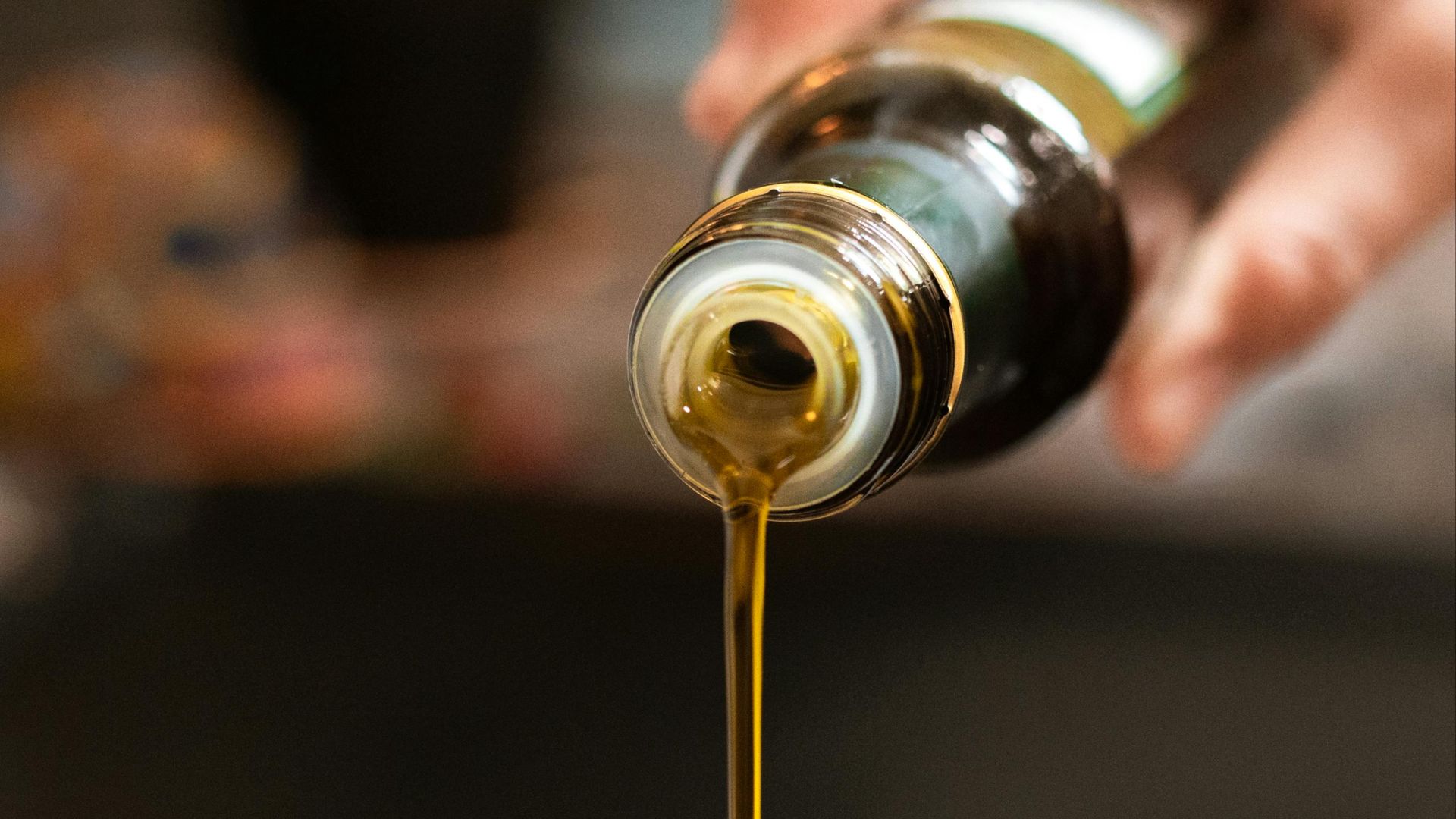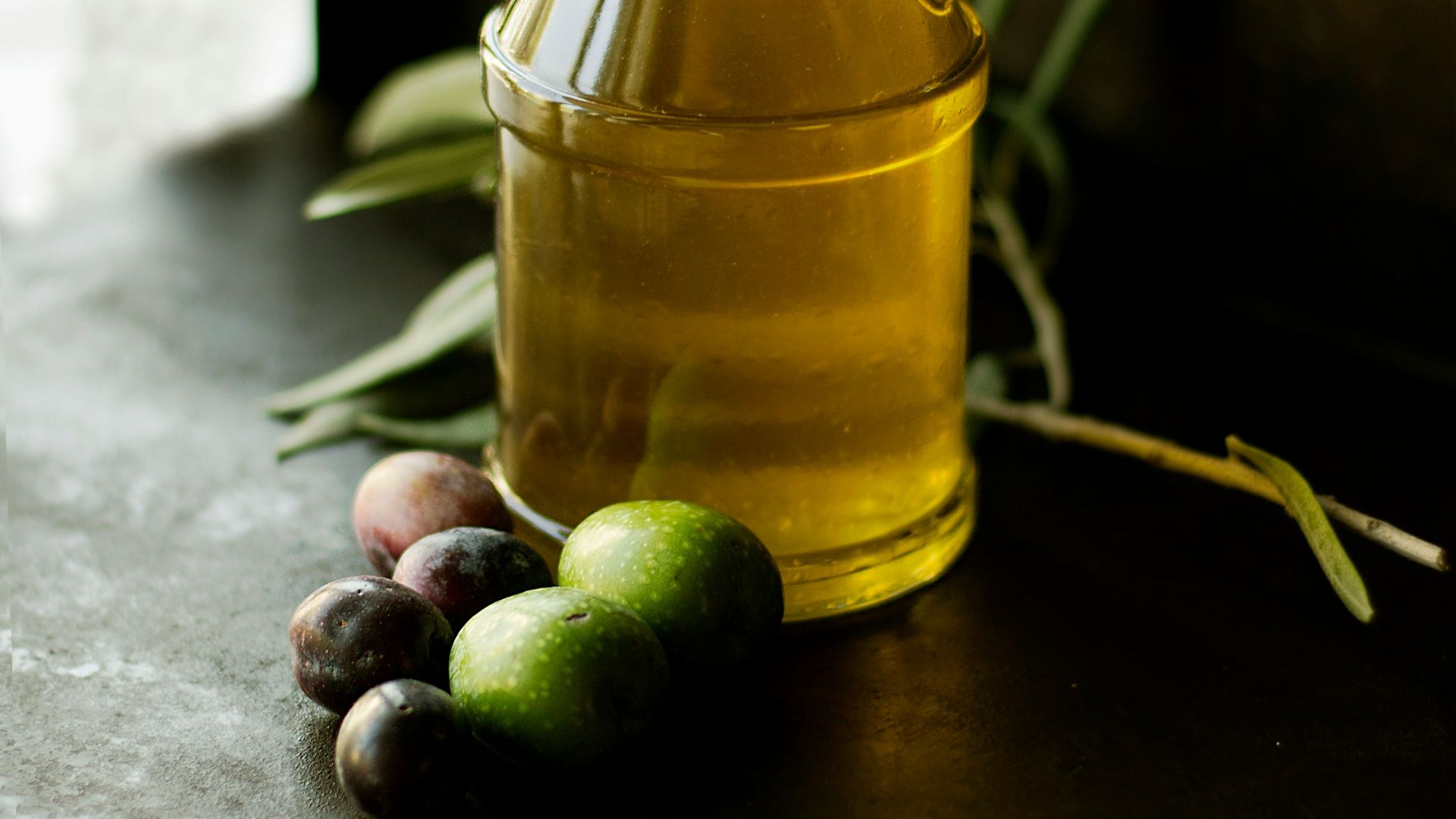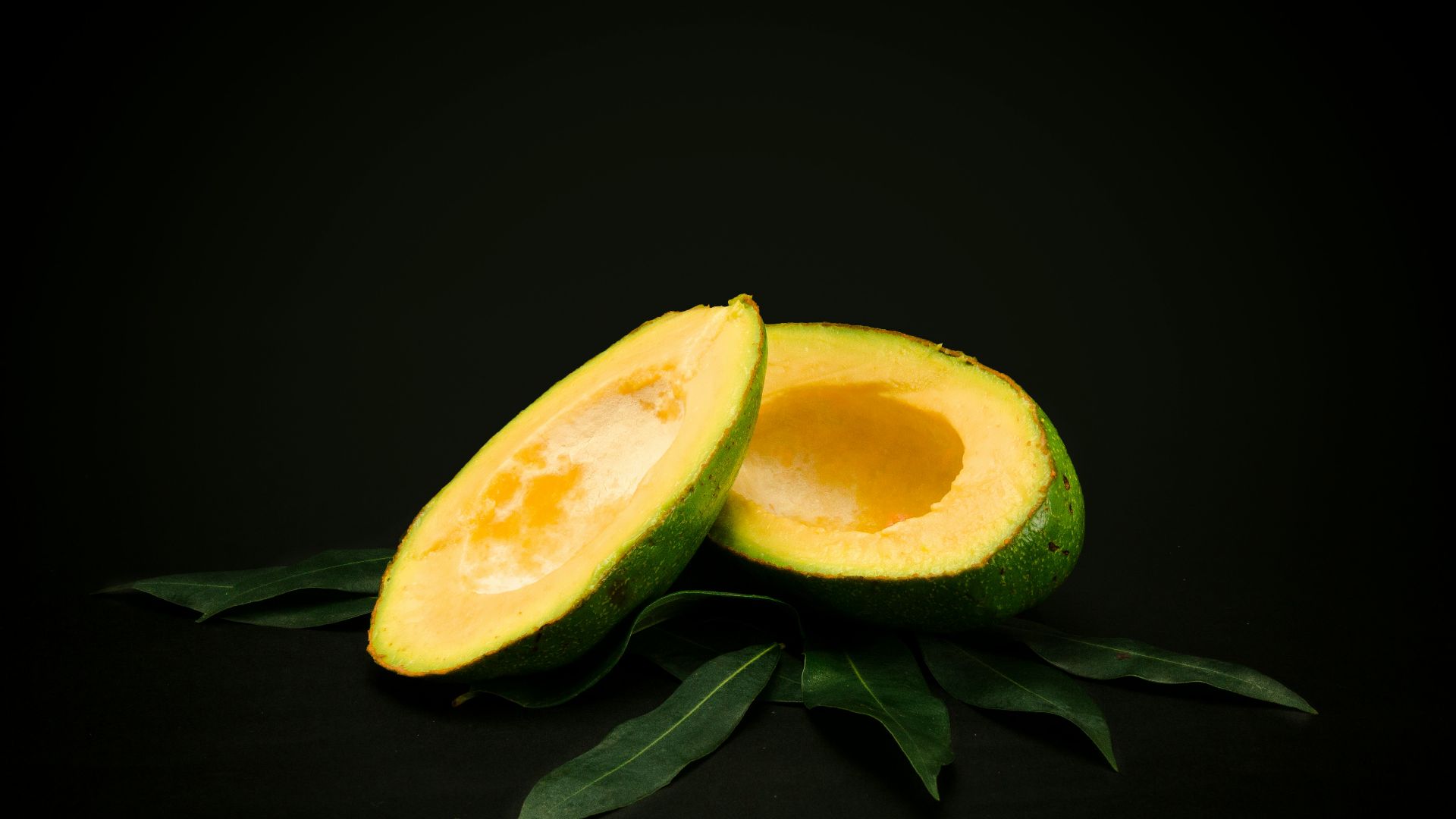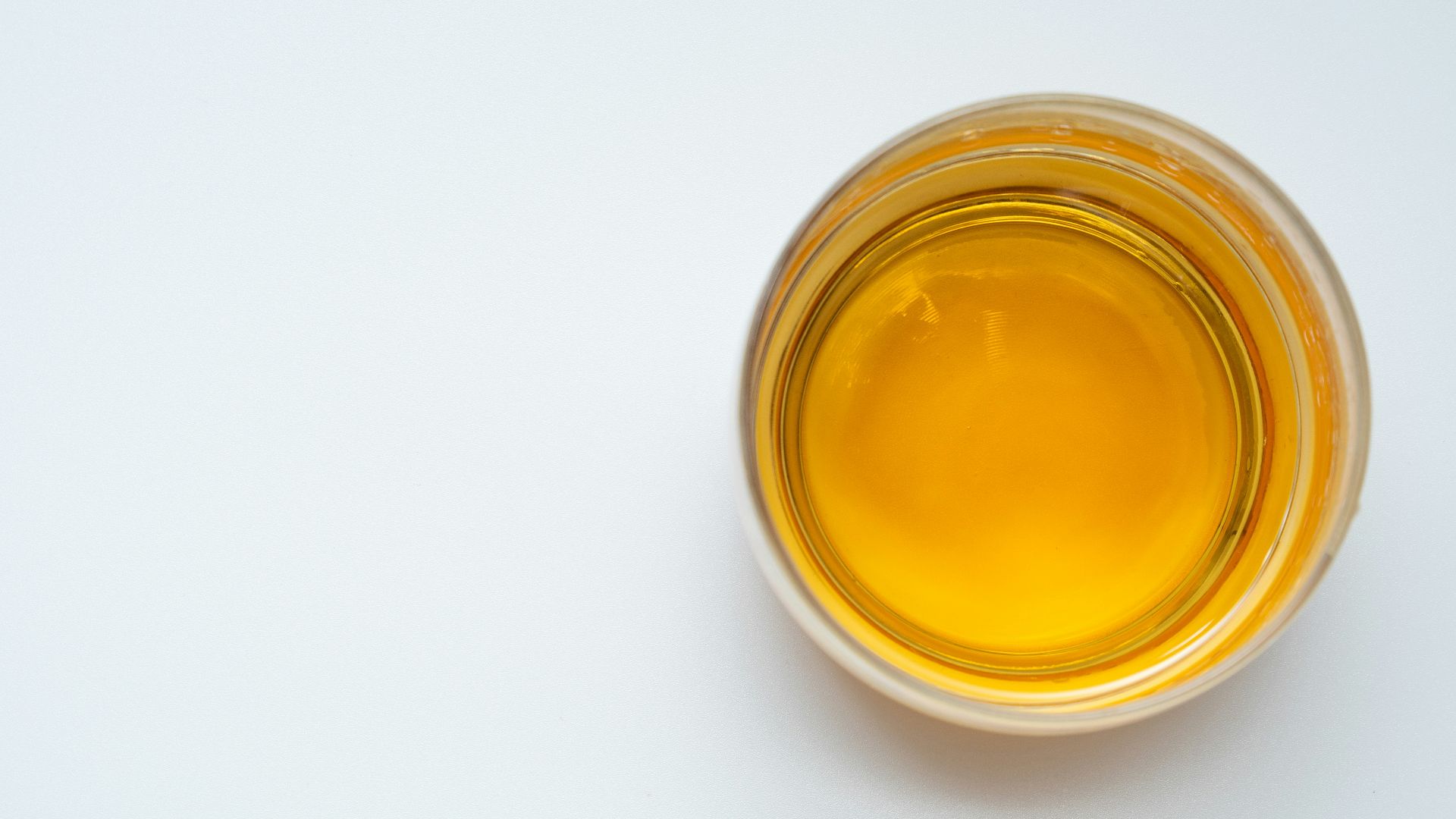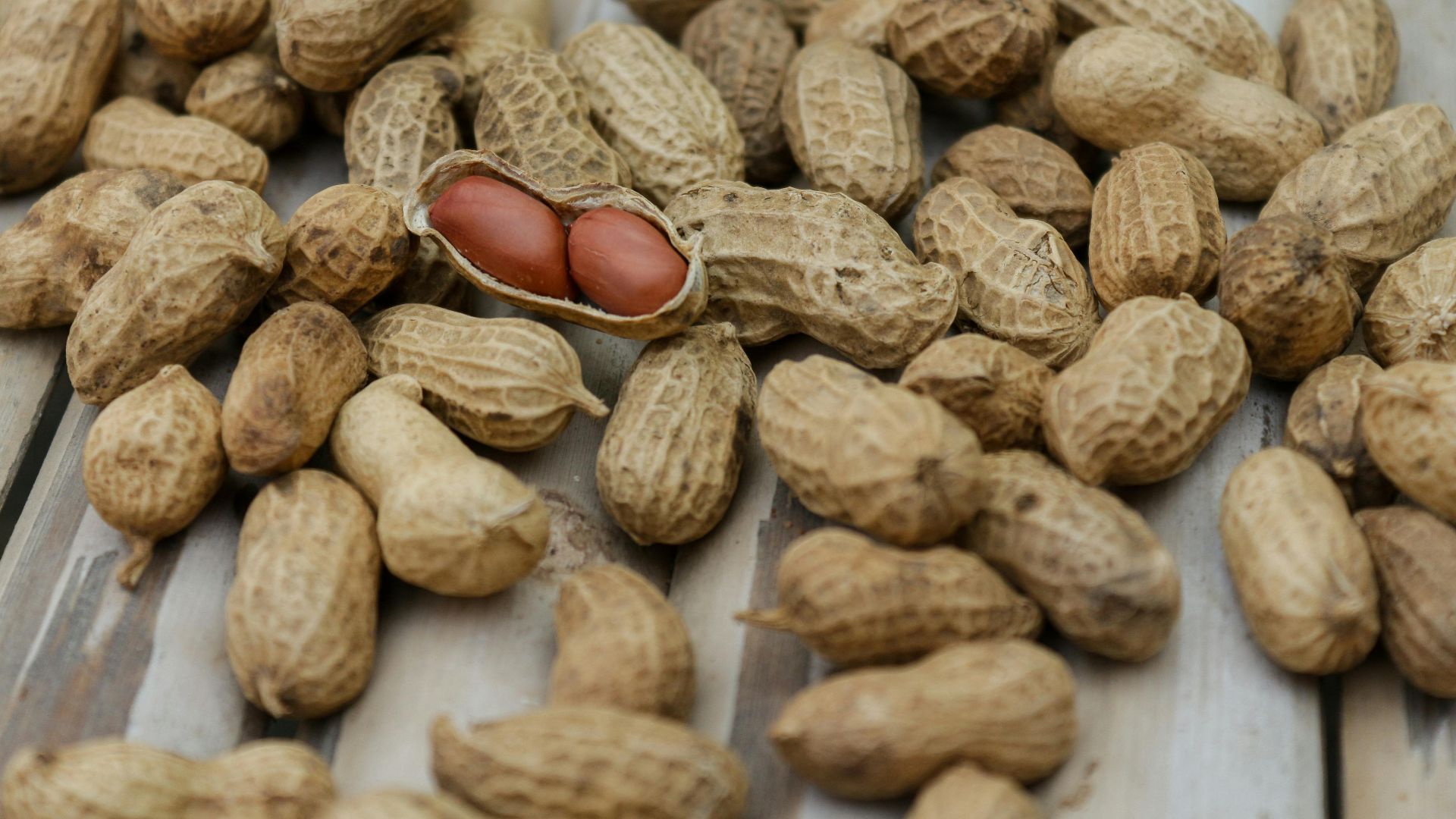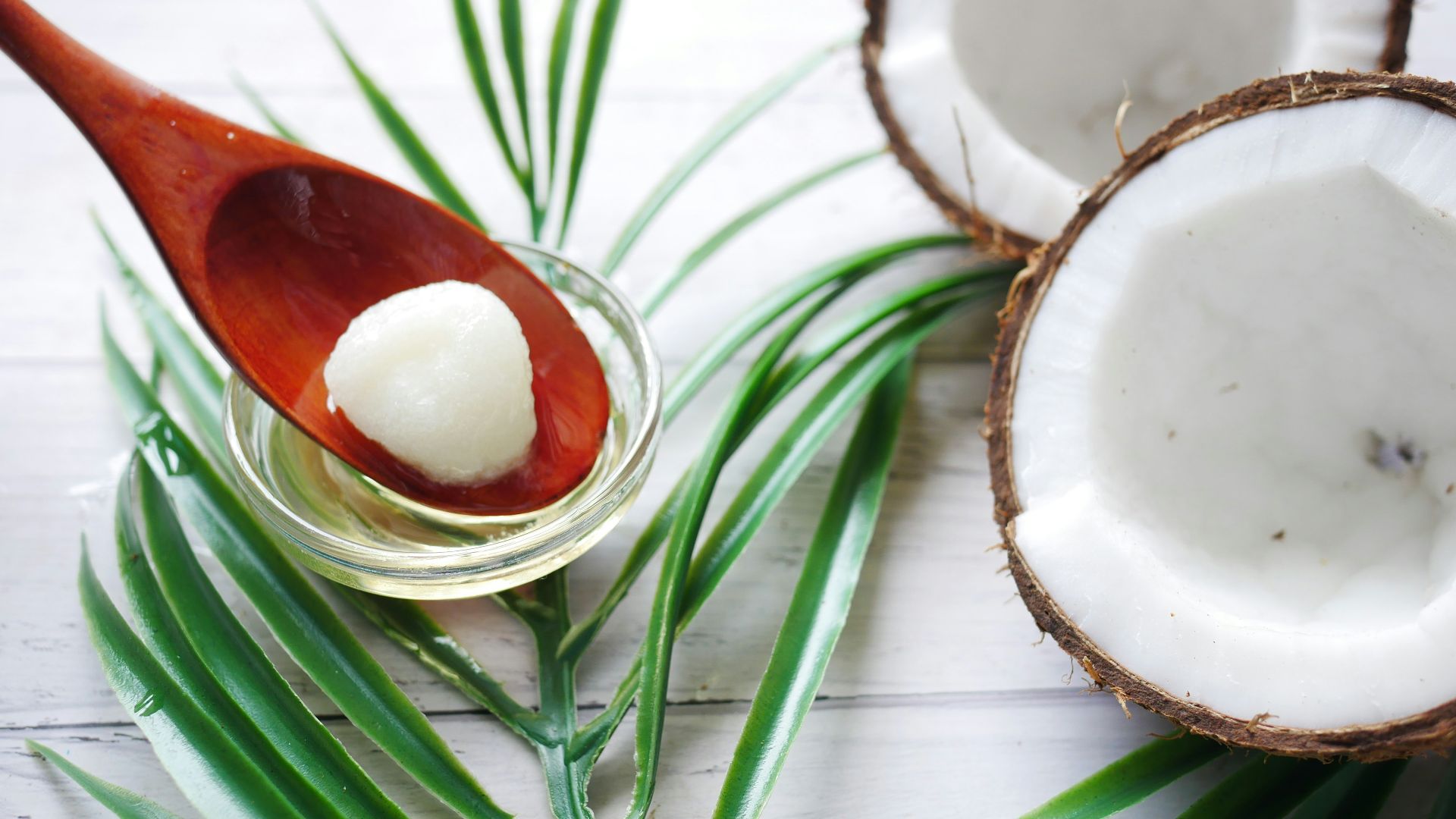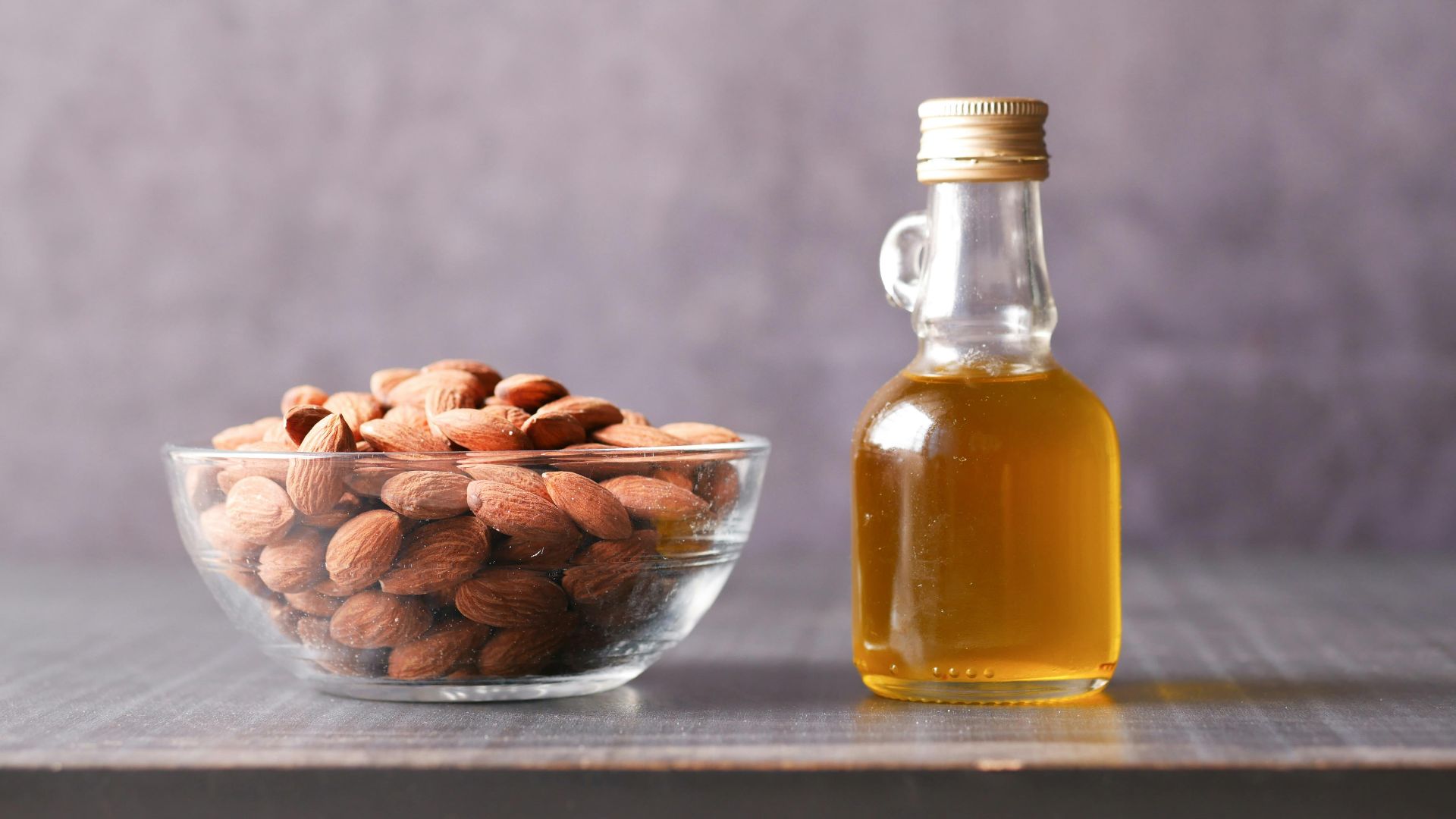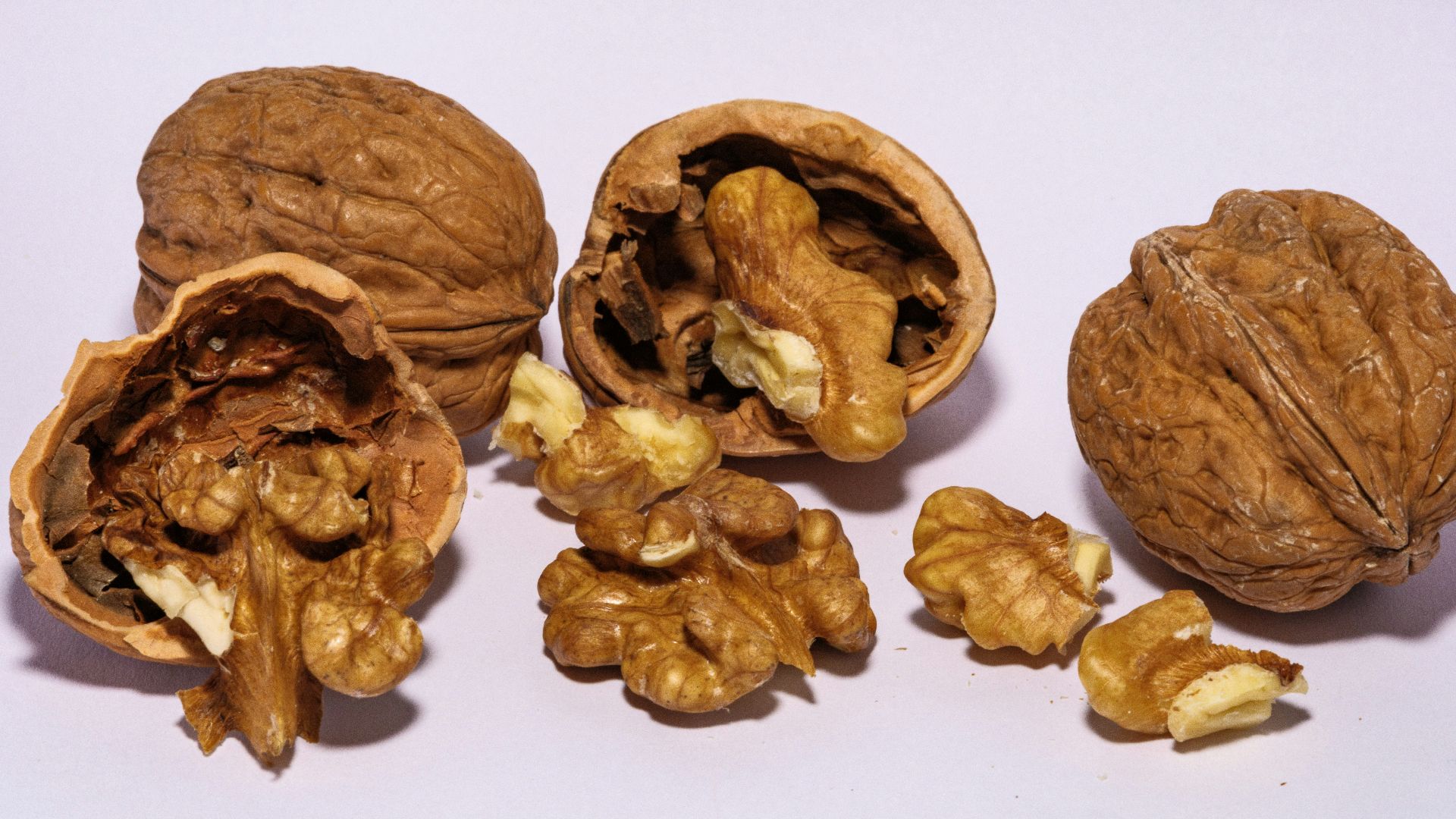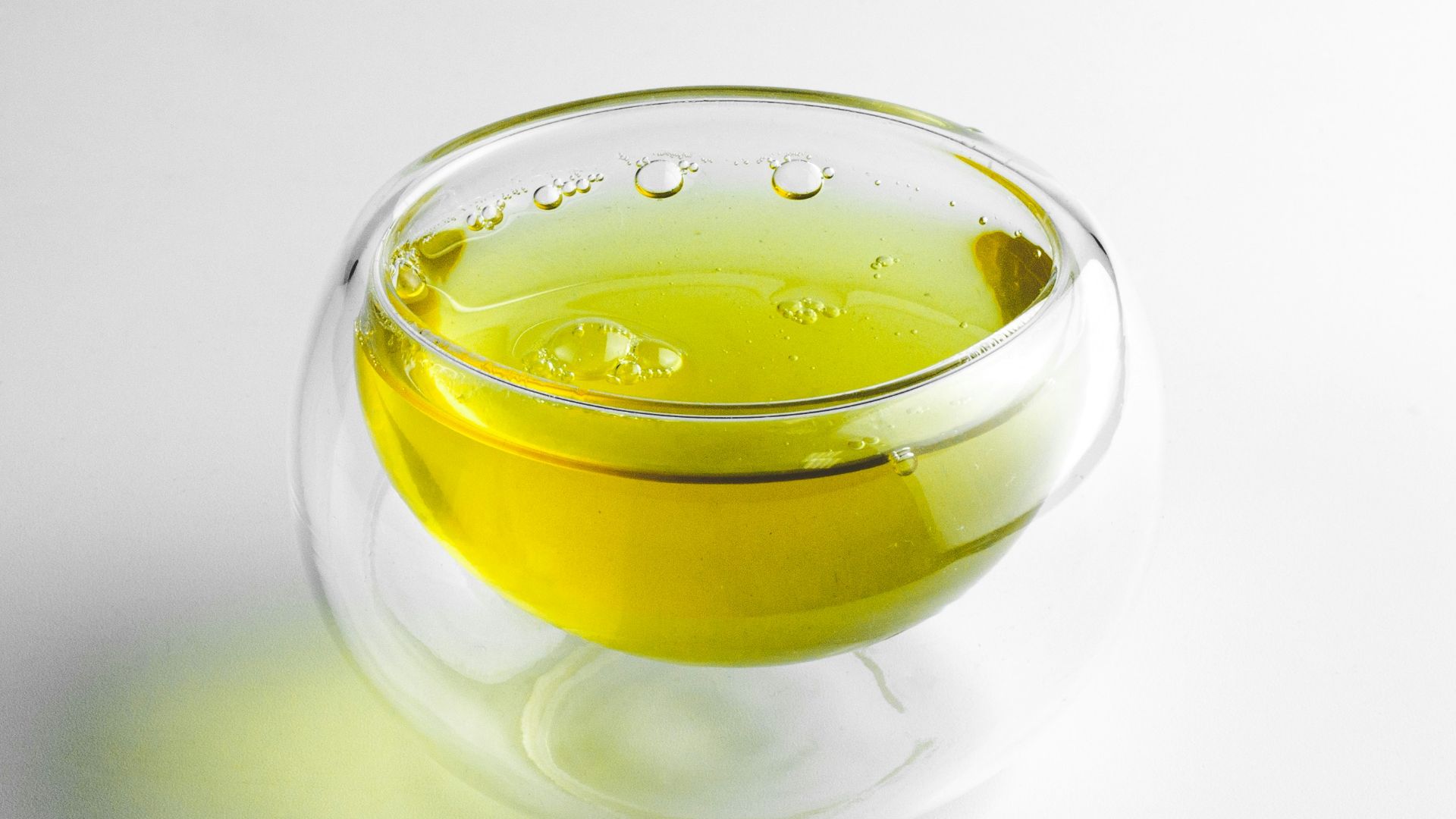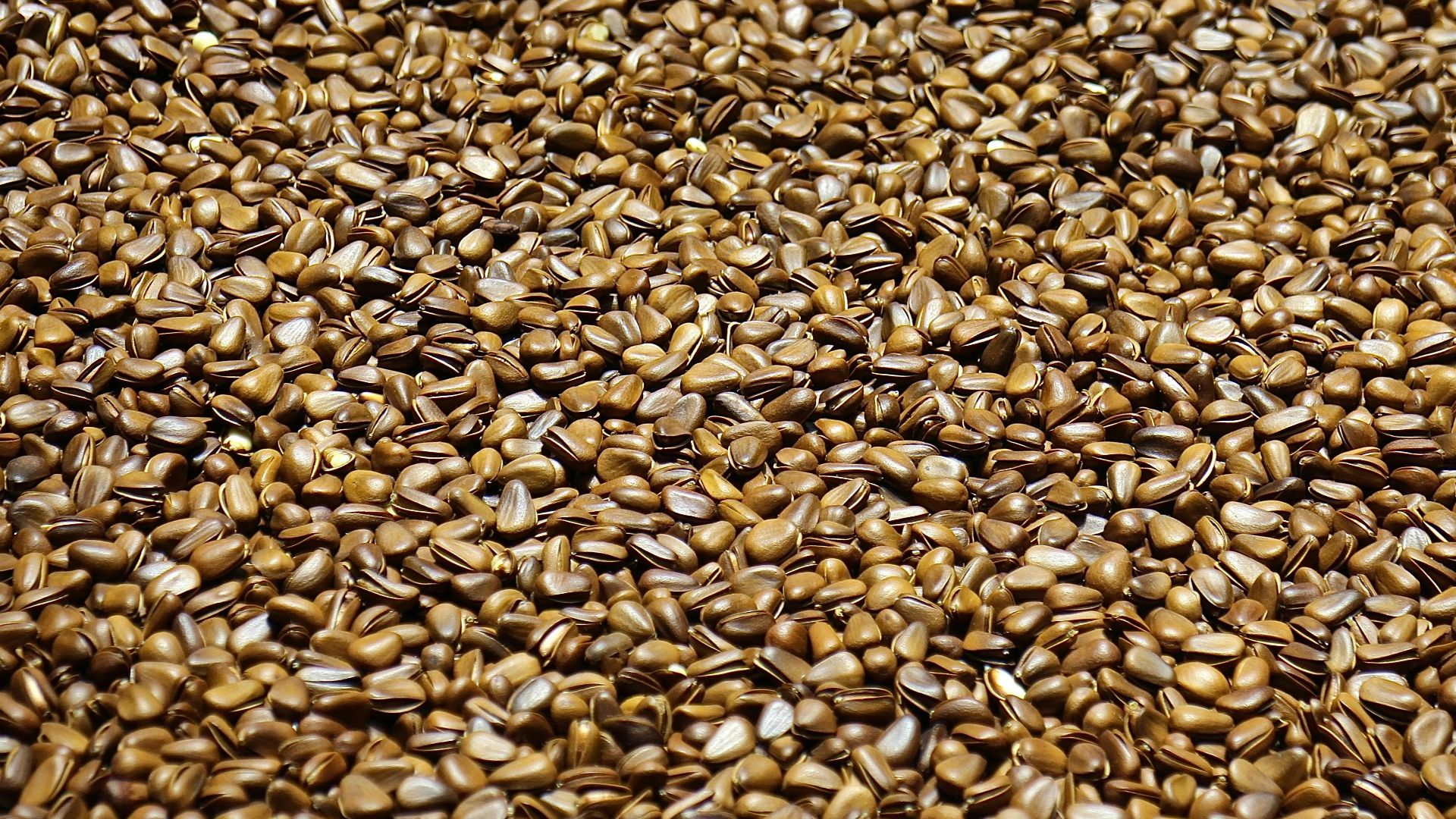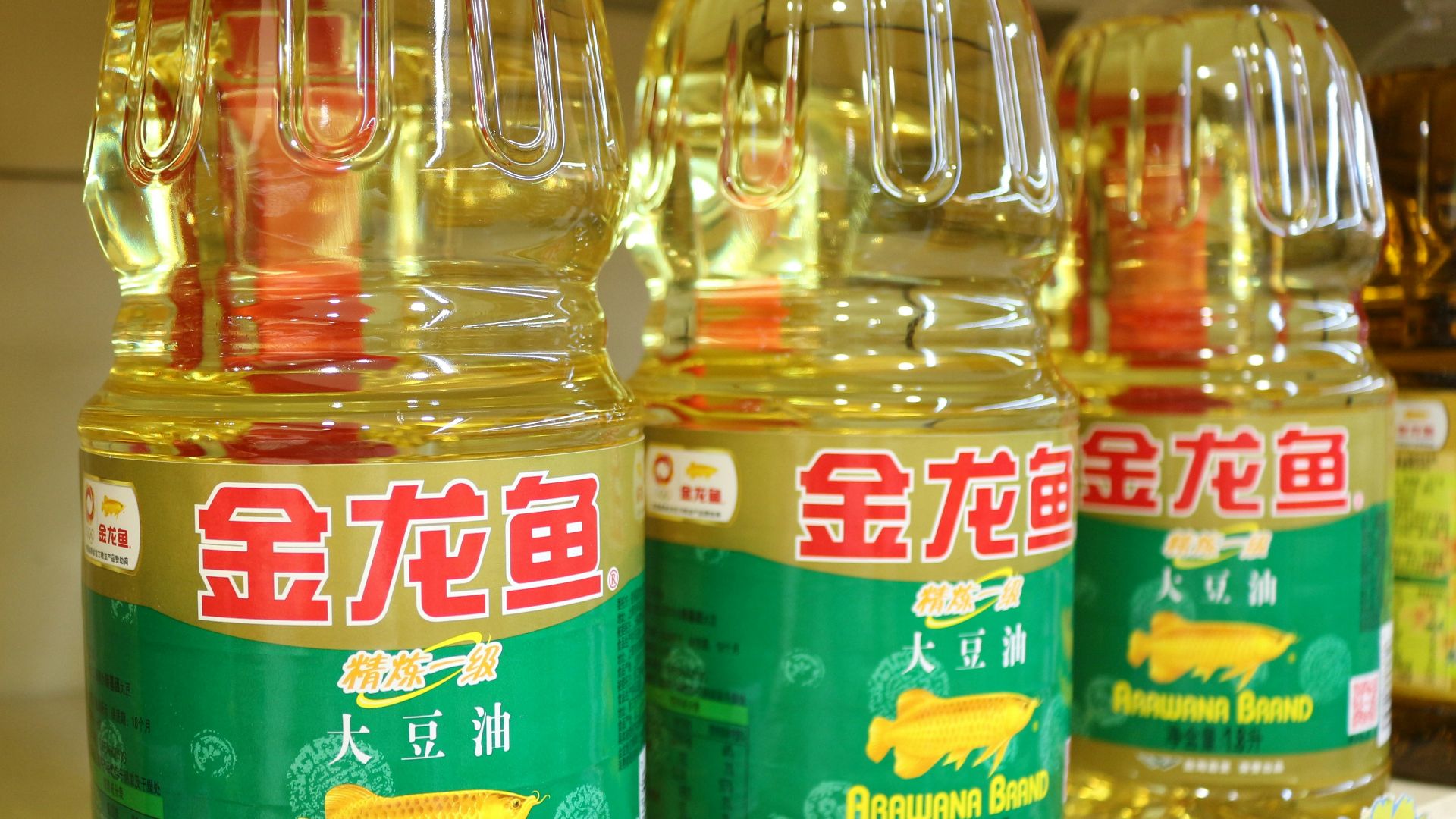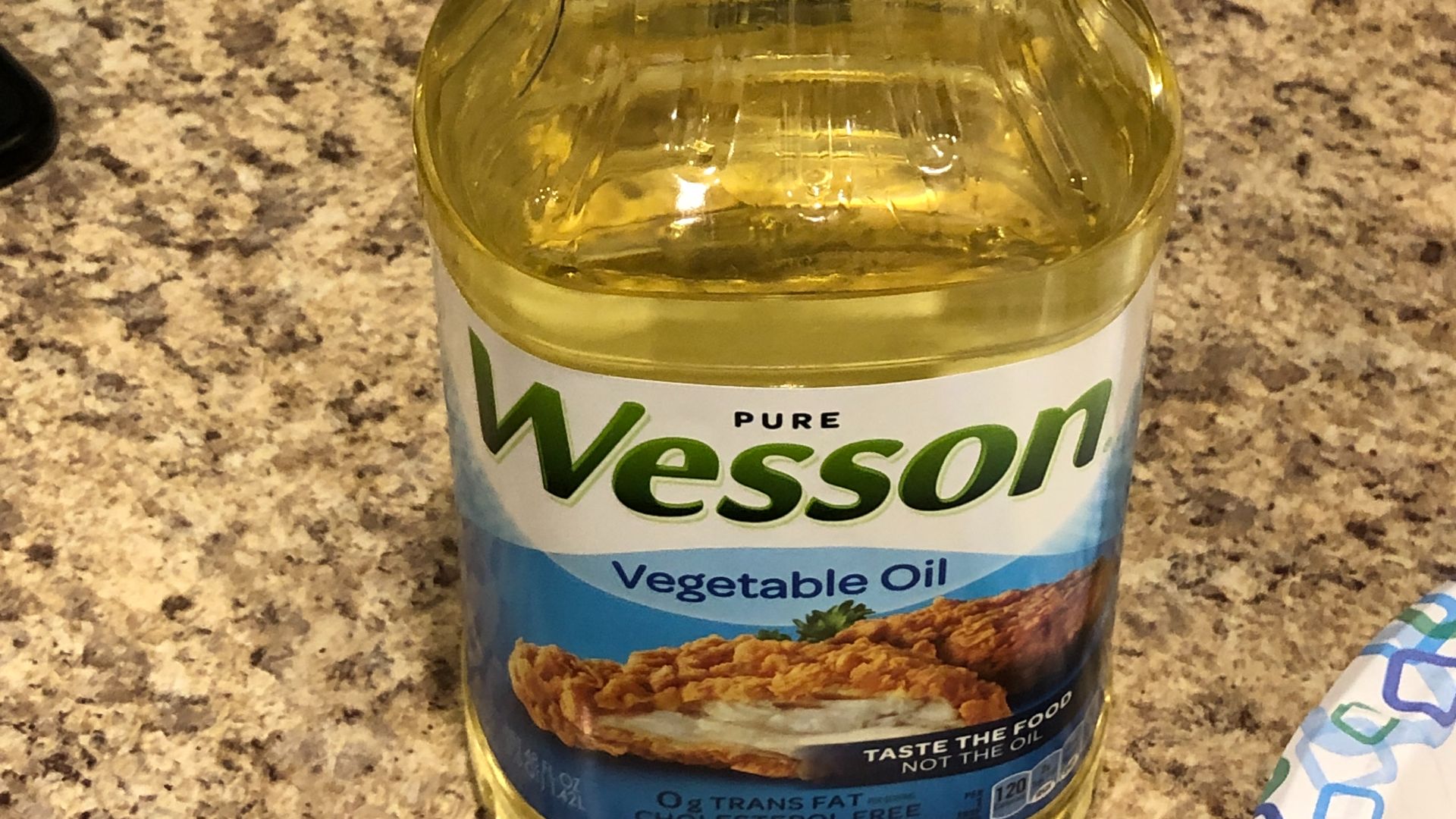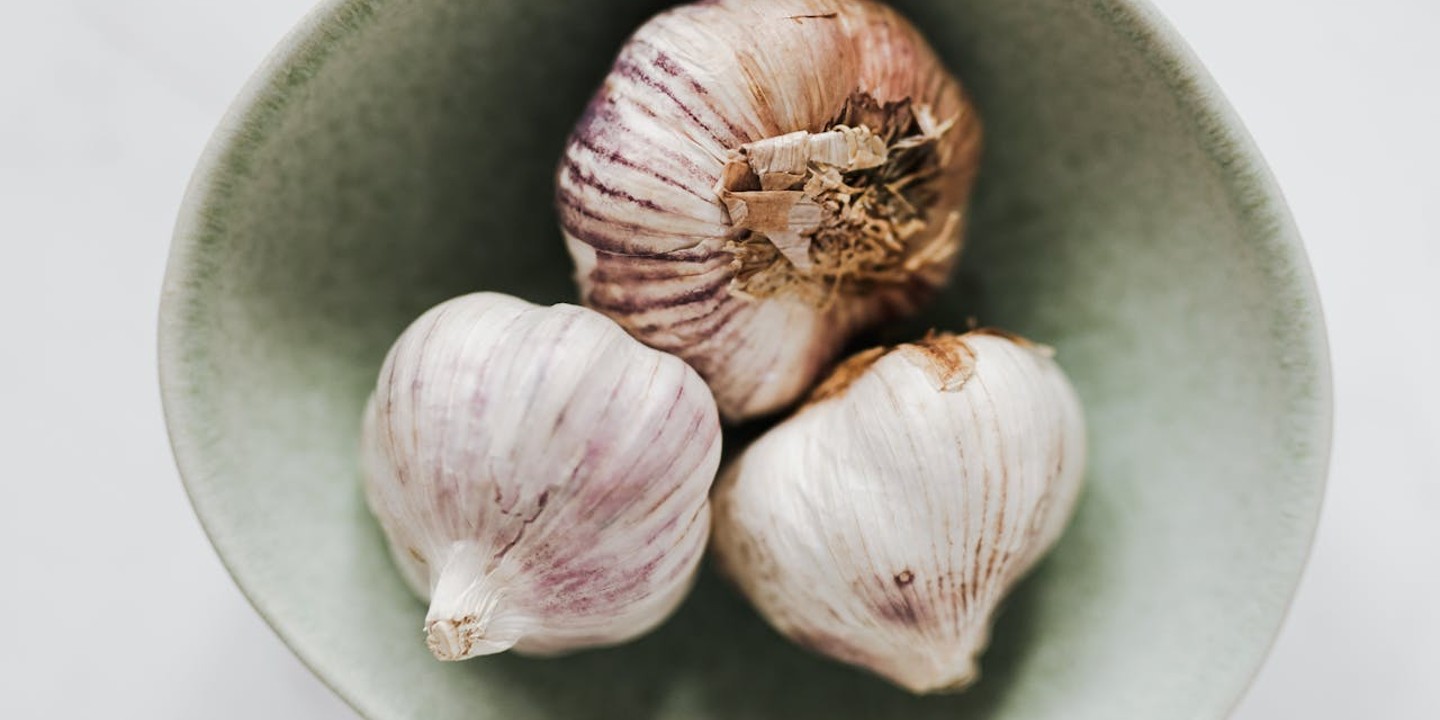The 10 Healthiest Types Of Oil To Cook With & The 10 Worst To Avoid
Not All Oils Are Created Equal
Do you get confused in the oil section of the grocery store, feeling paralyzed by choice? You're not alone; there are so many different types of cooking fats to choose from, but while some are packed with nutrients and can boost your heart health, others can sabotage it. From antioxidant-rich olive and avocado oils to highly processed, inflammation-prone ones you should skip, here are the 10 healthiest types of oil to cook with and the 10 worst to avoid.
1. Extra Virgin Olive Oil
Extra virgin olive oil is higher in monounsaturated fats than any other type. These kinds of "healthy" fats help lower your LDL ("bad") cholesterol. It's also high in disease and inflammation-fighting antioxidants.
2. Avocado Oil
Avocado oil is high in monounsaturated fats, which protect the heart. It also has one of the highest smoke points of any oil, meaning you can fry food with it without it breaking down and producing harmful compounds.
3. Canola Oil
Canola oil sometimes gets a bad rep for its omega-6 content, but it's a healthy option when part of a balanced diet. It's high in healthy fats, omega-3s, and has a neutral flavor that lends itself well to cooking.
4. Peanut Oil
Peanut oil is high in heart-healthy monounsaturated fats and vitamin E, an antioxidant that supports the skin, eyes, and blood. It also has a high smoke point of around 450 degrees Fahrenheit.
5. Macadamia Nut Oil
Macadamia nut oil is high in monounsaturated fats, which support the heart and brain. It also contains antioxidants and B vitamins, which may positively impact metabolism, skin, and hair.
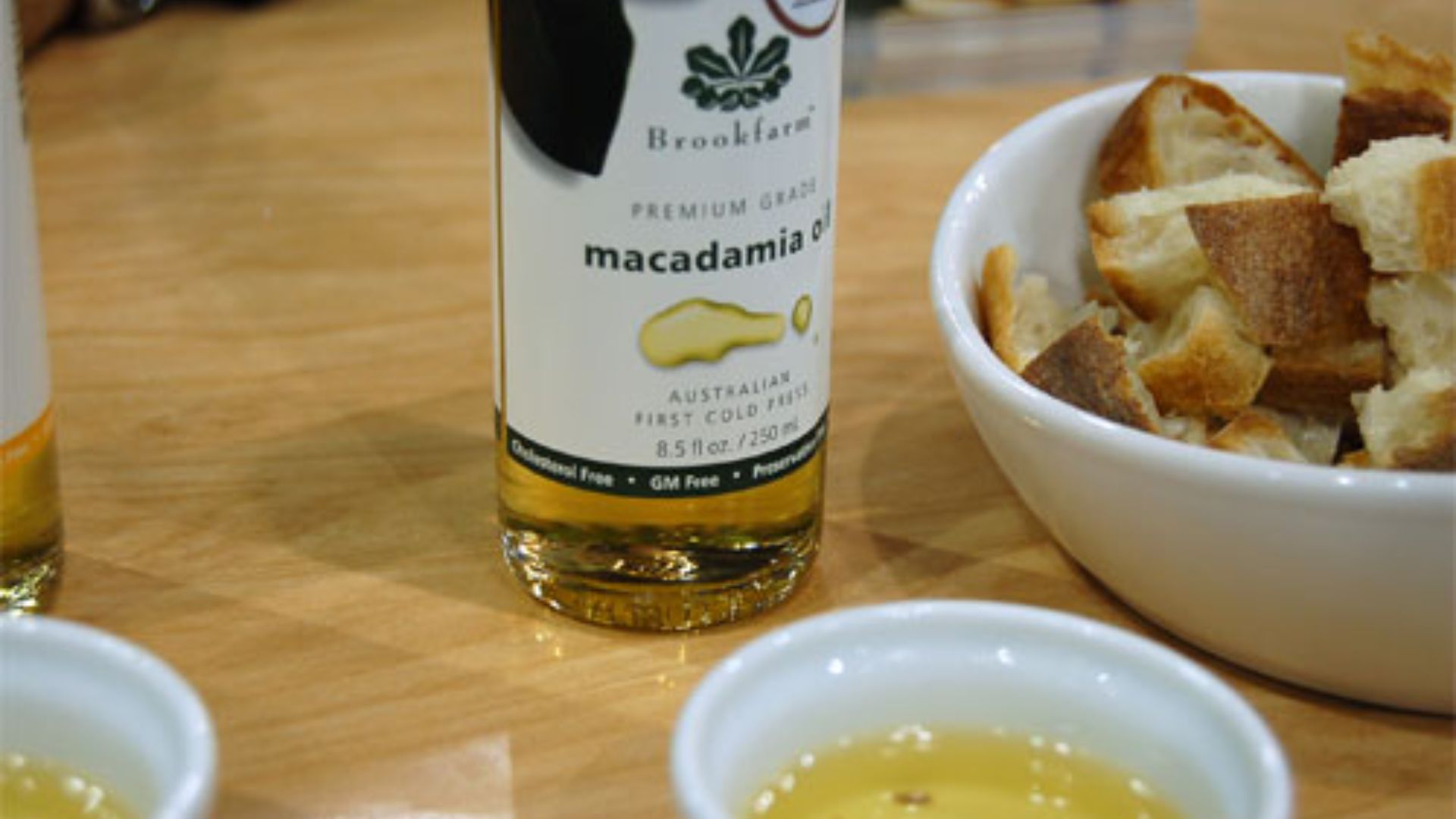 Gerald (Flickr user: foodite) on Wikimedia
Gerald (Flickr user: foodite) on Wikimedia
6. Sunflower Oil
Sunflower oil, especially if you choose a high-oleic and expeller-pressed variety, is very high in monounsaturated fats. It's also high in vitamin E and has a high smoke point.
7. Sesame Oil
Sesame oil is high in unsaturated fats, antioxidants, and minerals like zinc, calcium, and copper, which support the bones. Some studies suggest that it may also help regulate blood sugar levels.
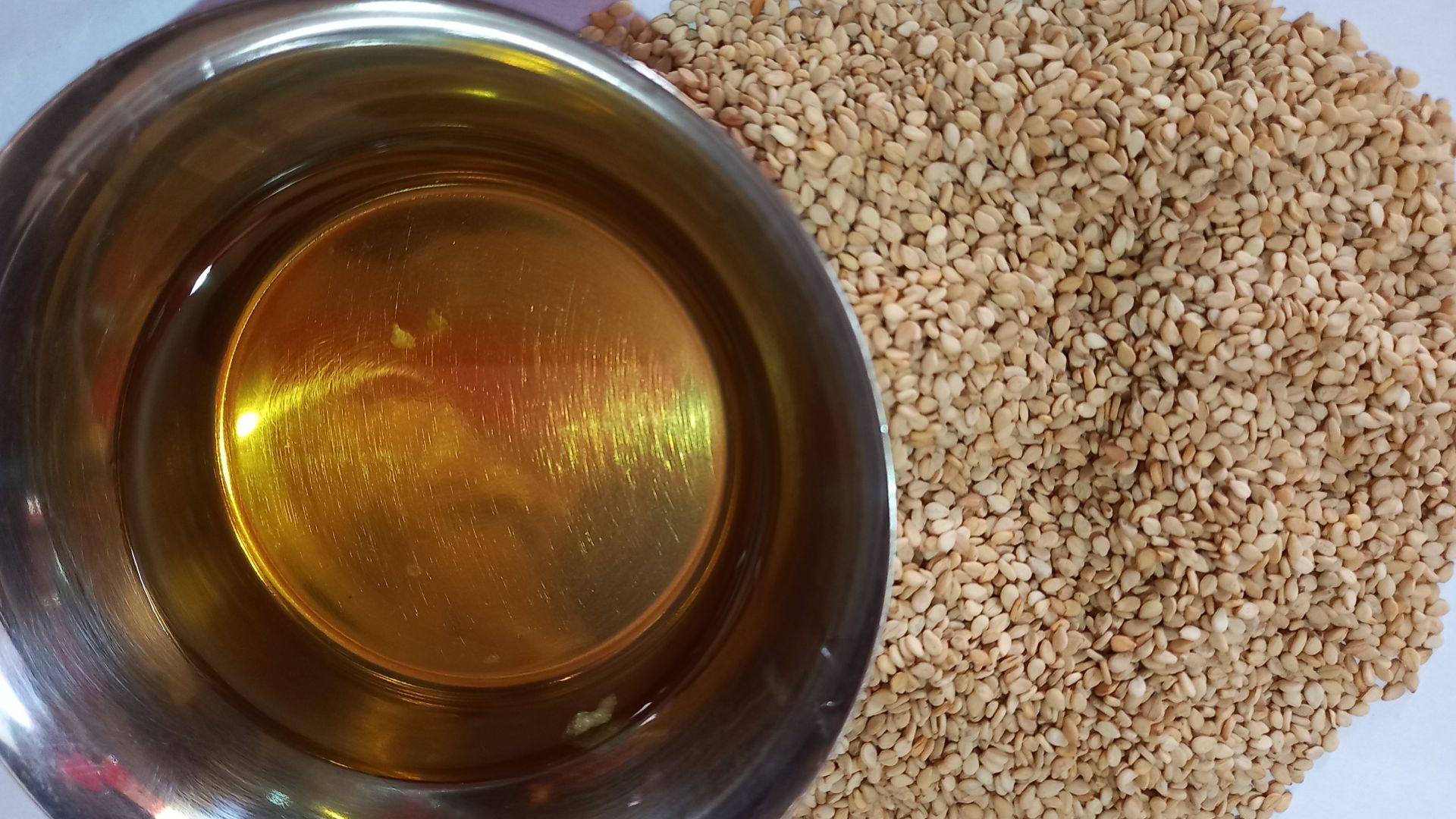 Dr. Satish Upalkar on Wikimedia
Dr. Satish Upalkar on Wikimedia
8. Coconut Oil
Coconut oil is high in medium-chain triglycerides (MCTs), which are beneficial for weight management, athletic performance, and cognition. MCTs are easily converted into energy instead of being stored as fat.
9. Almond Oil
Almond oil is rich in heart-healthy fats, vitamin E, and other antioxidants. It's been shown to help stabilize blood sugar levels and have anti-inflammatory properties; however, it has only a moderately high smoke point, so it isn't suitable for frying.
10. Walnut Oil
Walnut oil has high levels of omega-3 fatty acids and antioxidants, which can reduce inflammation, support the heart, and improve skin. However, it has a relatively low smoke point of around 320 degrees Fahrenheit, so it's best used for finishing.
Now that we've discussed the best oils for cooking, let's talk about the unhealthy ones to avoid.
1. Soybean Oil
Soybean oil is one of the most common cooking oils because it's inexpensive. However, it's unstable and high in omega-6, which can throw off the body's fatty acid balance and contribute to inflammation.
2. Corn Oil
Corn oil is widely used for frying; however, it has a low smoke point and becomes toxic when overheated. It's also usually highly refined and made from genetically modified ingredients.
3. Palm Oil
Palm oil is not only bad for your health, but it's also one of the worst contributors to deforestation and greenhouse gas emissions. Its high saturated fat content raises your cholesterol levels, increasing your risk of heart disease.
4. Flaxseed Oil
While raw flaxseed oil is very healthy, high in omega-3 fatty acids and antioxidants, cooking with it is a bad idea. Its low smoke point makes it highly unstable when heated, and it produces harmful compounds and loses its nutritional value.
5. Grapeseed Oil
Like flaxseed oil, grapeseed oil breaks down into harmful compounds when heated. What's more, it's high in omega-6, which is linked to inflammation.
6. Cottonseed Oil
Cottonseed oil is high in saturated fat content, which is bad for the heart. It's also high in omega-6, which can lead to inflammation if not properly balanced.
7. Rice Bran Oil
Rice bran oil is popular in Asian cuisines; however, it isn't a very stable oil to cook with. It's high in inflammatory omega-6 and contains saturated fat.
8. Vegetable Oil
While it's not impossible to find good-quality vegetable oil, most generic brands are highly processed mixtures of the worst types of cheap oils like soybean and corn. These are high in omega-6s and low in nutritional content.
9. Hydrogenated Oils
Hydrogenated oils like margarine are extremely trans fat heavy. They've been linked to heart disease, inflammation, and high cholesterol.
10. Safflower Oil
Safflower oil is high in omega-6 fats and low in nutrients. It's unstable at high temperatures and is potentially inflammatory when consumed frequently.


